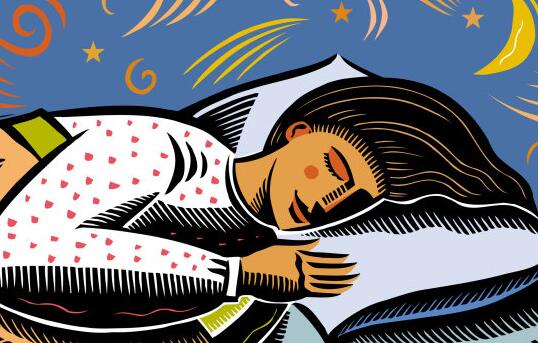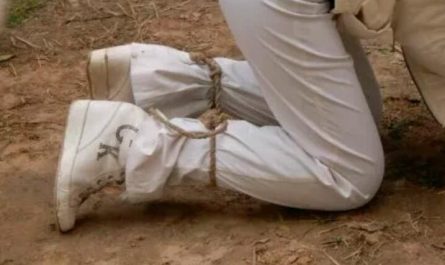When a person is asleep, the whole body and mind will relax, the eyes are closed, the ears are not sensitive to outside sounds, and the breathing under relaxation is relatively even. So does the human sense of smell rest while sleeping?
When a person is awake, whether it is work or a daze, it will consume a lot of energy. Therefore, people’s metabolism will slow down when they are resting to ensure that their body is fully recuperated and adjusted. But after a person falls asleep, the changes in the sensitivity of each sensory organ are different. The sense of hearing is the most sensitive after falling asleep, the sense of touch is slightly dull, the vision is completely rested, and the sense of smell is the last.
When a person sleeps, the ears are the first to find abnormalities around them. There are often news reports that after the fire broke out, many people did not evacuate the fire scene in time and caused deaths. According to observations, the deceased had a peaceful face, as if asleep. Didn’t the heavy smoke after the fire awaken these people? Do these people’s sense of smell fail? In fact, their sense of smell is asleep.
A person’s sensory sensitivity is related to a person’s physical state. If a person works very hard during the day and feels more fatigued, then his senses in the resting state will be slower, that is, we often say that the person is too tired and sleeps more heavily, and will not feel the slight external stimulation. Due to deep sleep, the sensitivity of hearing and smell will be reduced.
On the contrary, when a person’s physical condition is better and the sleep is not very deep, the perception of external stimuli will be more sensitive, and it will be easier to detect abnormal movements around. In this state, if there is a fire nearby, the ears will first hear the abnormal sound, and then the sense of smell will tell you that there is dense smoke around, rather than the sense of smell in sleep first finds the problem and wakes up the ear.






